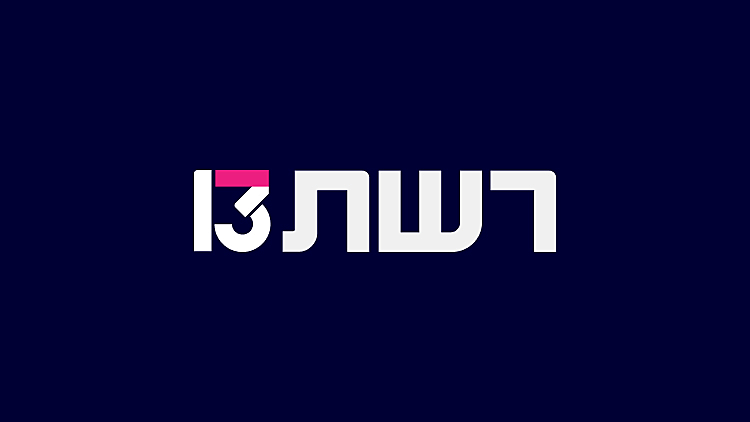טרכטנברג יפיל את הבורסה
Defense contractor sees future role in planned privatization of state-owned companies

Boosted by increased military spending in the wake of 9/11, defense contractor Elbit Systems (Nasdaq:ESLT) yesterday reported record revenues and a sharp rise in net profits. The company added that it anticipates further improvement in 2003 results.
Fourth-quarter revenues last year hit $238 million, up 6% on the parallel quarter in 2001. For the year end, Elbit reported an 8% increase in sales, to $827.5 million. The company's fourth-quarter net profits totaled $13.1 million, or 33 cents per share, up from $7.7 million, or 19 cents a share, a year earlier. For the year, net profits increased to $45.1 million, or $1.13 per share, up from $40.8 million, or $1.04 a share, in 2001. Elbit said its board had declared a dividend of nine cents per share in the fourth quarter to be paid on April 28, 2003.
Elbit's backlog of orders at the end of 2002 reached $1.7 billion, compared with $1.6 billion at the end of 2001. Some 62% of the backlog relates to orders outside Israel, and about 79% of the backlog is scheduled to be cleared this year and next.
Elbit has won a number of major contracts recently, and is bidding, together with French defense contractor Thales, in the final phase of a $1.3 billion unmanned air vehicle project for Britain's Defense Ministry.
CEO Joseph Ackerman, however, is not content, and said yesterday that Elbit is seeking to expand, either through the purchase of one of several small Israeli defense firms or an international company. "We are looking for companies that will either bring complementary technologies or access to markets we don't have," he said, adding that money is no object. "There are no limitations to moving ahead. We can use our own money or take out loans."
Israel remains Elbit's main market, followed by the United States, which it sees as having long-term growth potential. Ackerman said he aims to boost sales to Europe, Asia and South America.
The CEO said Elbit will have a good shot at buying a state-owned defense company if new Finance Minister Benjamin Netanyahu makes good on his promise to accelerate Israeli privatization.
"What we think should happen is that the government should go in two directions - privatization and consolidation," Ackerman said. "There are a large number of Israeli defense companies and too much government ownership compared to the United States and Europe.
"Once the new government decides on privatization, Elbit, being the largest non-government owned defense company, can play a major role," he said. "But on the other hand, we continue to look in Europe and the United States."



